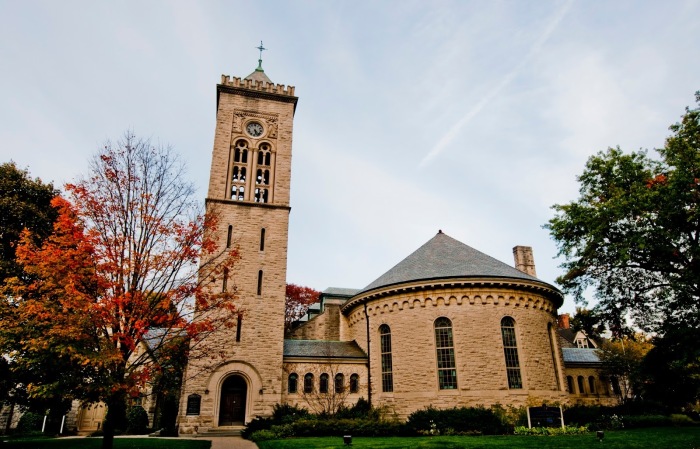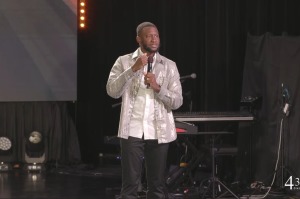Justice Kavanaugh raises concern over NJ Supreme Court decision excluding churches from preservation grants

Supreme Court Justice Brett M. Kavanaugh argued in an opinion Monday that a decision by the New Jersey Supreme Court last year that barred churches from participating in grant programs for historic preservation “is in serious tension with this Court’s religious equality precedents.”
“The petitioners here argue that the State’s exclusion of religious buildings—because they are religious—from Morris County’s historic preservation program constitutes unconstitutional discrimination against religion in violation of the First and Fourteenth Amendments to the United States Constitution,” Kavanaugh wrote.
“The New Jersey Supreme Court concluded that the State’s discrimination did not violate the First and Fourteenth Amendments. In my view, the decision of the New Jersey Supreme Court is in serious tension with this Court’s religious equality precedents,” he argued. “At some point, this Court will need to decide whether governments that distribute historic preservation funds may deny funds to religious organizations simply because the organizations are religious.”
Kavanaugh’s opinion, which was joined by Justices Samuel A. Alito Jr. and Neil M. Gorsuch, came even as he sided with his colleagues on the bench to not hear the case on whether Morris County in New Jersey could allow churches to participate in grant programs for historic preservation.
He argued that the Supreme Court’s decision not to hear the case was appropriate because “the factual details of the Morris County program are not entirely clear.” He also noted that the law still needs development on the question of “whether governments may exclude religious organizations from general historic preservation grants programs.”
The New Jersey Supreme Court ruled last April that the use of taxpayer dollars to fund church repair projects that support religious activities is unconstitutional, even for historic preservation.
The decision came after a longstanding legal battle between the Morris County Board of Chosen Freeholders and the Wisconsin-based atheist group Freedom From Religion Foundation.
Through its taxpayer-funded historic preservation trust fund, Morris County had granted $4.6 million to a dozen churches, the oldest of which dates back to 1740, that used the money to repair stained glass windows with religious imagery, slate roofs, building towers and ventilation systems, according to NJ.com.
Since at least 2015, the FFRF has sued to stop Morris County freeholders from awarding grants to historic churches for restoration or repairs by arguing that it violates Article I, paragraph three of the state constitution that reads, in part: "Nor shall any person be obliged to pay tithes, taxes or other rates for building or repairing any church or churches, place or places of worship, or for the maintenance of any minister or ministry, contrary to what he believes to be right or has deliberately and voluntarily engaged to perform."
In a statement Monday, the FFRF celebrated the Supreme Court’s decision to not hear the case.
“This is a big triumph for the rights of hardworking New Jersey folks,” FFRF Co-President Dan Barker said. “The Supreme Court made the right call in refusing to jettison the basic tenets of our Constitution.”
The organization pushed back against the two reasons offered in the opinion by Kavanaugh, Alito and Gorsuch for turning down the case by arguing that they mischaracterized it.
“First, they stated that the court’s refusal to hear the case was appropriate because ‘the factual details of the Morris County program are not entirely clear.’ However, the facts of this case are actually clear and have never been in dispute,” the FFRF said.
The organization also argued that the New Jersey Supreme Court’s decision did not require discrimination against religious organizations.
“In fact, Morris County provides funds to church-owned secular historic buildings — and even to historic churches that are not in use as houses of worship. Such funding was neither challenged by FFRF nor prohibited by the New Jersey Supreme Court,” the group said. “The U.S. Supreme Court decision will save New Jersey taxpayers many millions of dollars and protects the religious liberty of all New Jersey residents.”
Becket, a religious liberty law firm which represented Morris County, has argued that historic preservation serves a secular purpose.
“Time does not discriminate,” said Diana Verm, legal counsel at Becket, earlier. “It takes its toll on all our historic structures, secular and religious alike. "The county should not be forced to discriminate by favoring secular sites in its preservation efforts.”





























